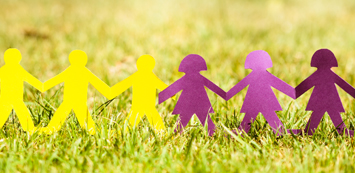Our workshops highlight the many disciplines that make up the social sciences. By taking part in these interactive workshops grade 11 or grade 12 students will engage in enriching interactions and exchange ideas with outstanding graduate students.
The workshops have been designed with the Ontario high school curriculum in mind. Please consult our complete topic offering below. If you are an educator within the Quebec curriculum, please contact us. We will be able to ensure the workshops meet your needs!
All our workshops are free and may be delivered in your classroom (in person), via distance education (online), or on campus.





